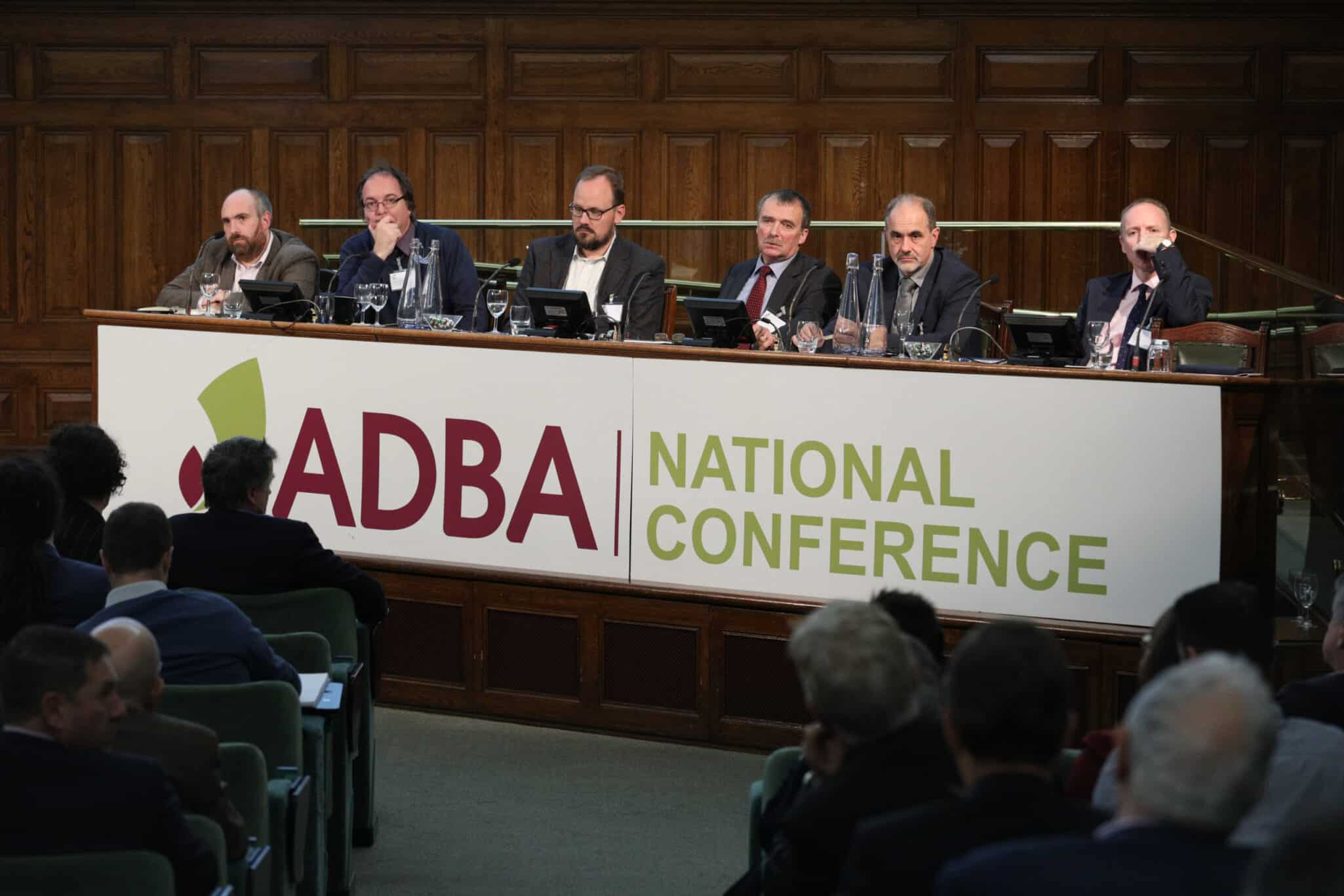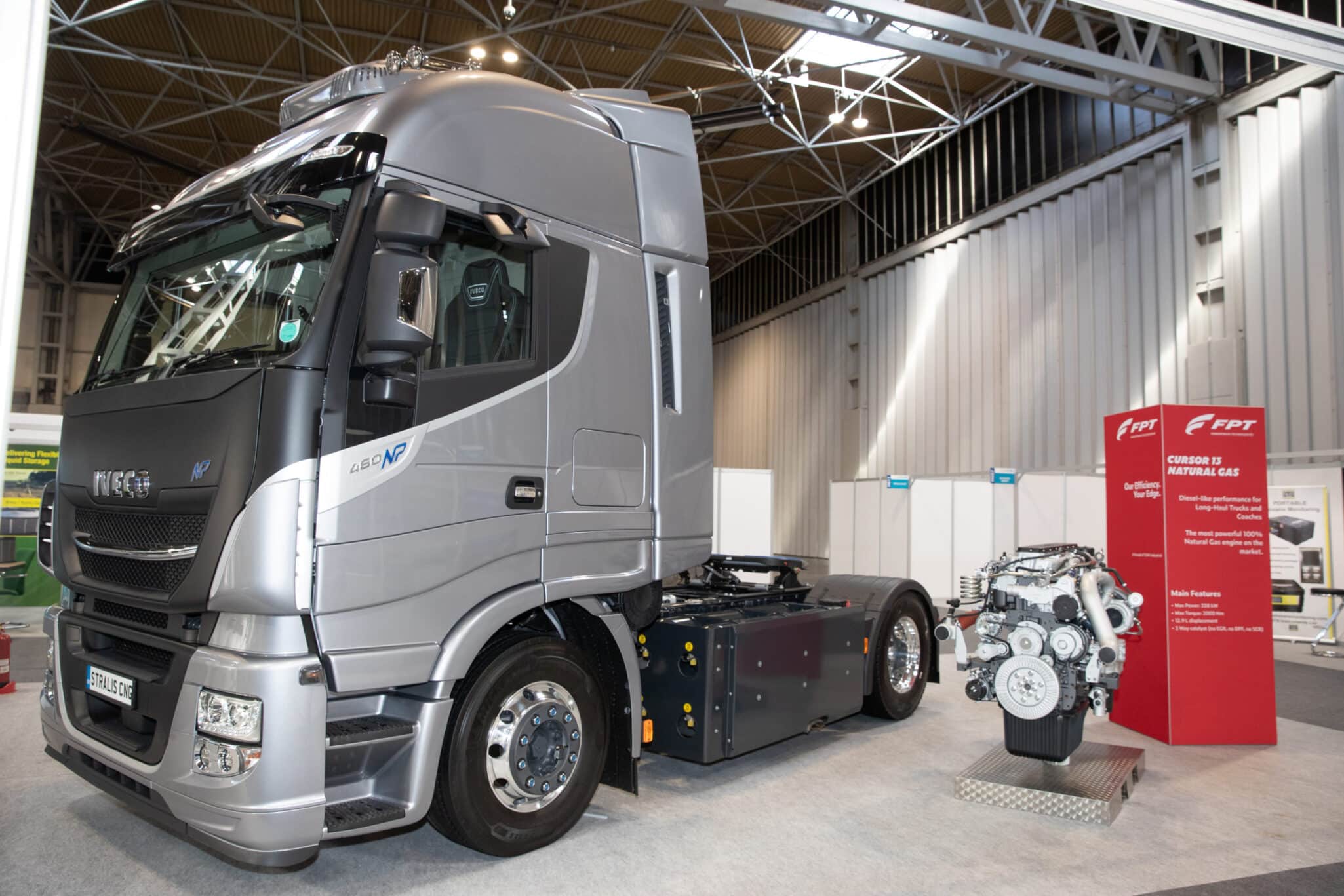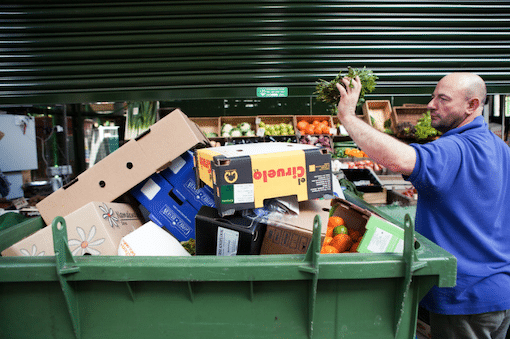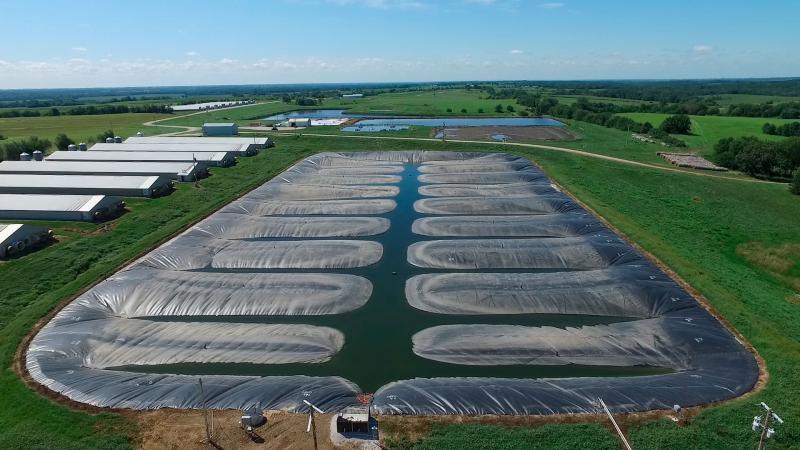
The AD industry has a vital role to play in creating a more circular economy, treating our unavoidable organic wastes, while also delivering against the countries critical need to act in the face of the climate crisis. AD helps to deliver energy security, food security and job opportunity as part of the just transition.
ADBA works hard on behalf of this multifaceted sector to advocate for greater recognition of the many benefits it can deliver against the different objectives of government. We with Special Advisors and key officials in No.10 Downing Street, the Department for International Trade, the Department for Environment, Food & Rural Affairs, the Department for Transport, the Department for Business, Energy & Industrial Strategy and the Treasury. With input from our members, we are constantly responding to policy and regulatory consultations to ensure the voice of the industry is taken into account in key decisions affecting the sector. In 2020, we published our new report, “Biomethane: The Pathway to 2030”, to help educate key stakeholders and set out recommendations for how AD could be best supported to have the greatest positive impact, with a launch event at the House of Commons.
ADBA has also been engaging with other trade bodies and government departments to minimise the impacts of COVID-19 on the AD industry. These discussions have prompted short-term amendments to policy and regulation to ensure plants remain operational. And while the UK Government has been forced to postpone COP26 to a later date, climate action cannot be postponed.
Renewable Heat
The biomethane-to-grid sector is expected to continue growing with biomethane being the focus of future policy to support the sector. A third allocation of Tariff Guarantees for biomethane sites has been granted under the Non-Domestic RHI, in advance of its closure in April 2021, and the follow-on policy, the Green Gas Support Scheme, is being specifically designed to support new biomethane developments with a tariff.
We are working closely with the Department for Business, Energy and Industrial Strategy to help provide evidence to support the policymaking process and share industry experience to ensure learning from previous policies is taken into account. We are also pushing for the wider non-energy benefits of AD to be taken into account in policy decisions to facilitate a joined up approach across government, including the treatment of less widely utilised feedstocks such as manures and slurries.


Renewable Transport
In 2020, Renewable Transport Fuel Certificate prices neared the scheme’s price cap and remained consistently high. This cap has now been raised from 30p to 50p, following ADBA lobbying on behalf of the industry. The fuel duty differential has also been extended for biomethane and greater flexibility has been proposed between the Renewable Transport Fuel Obligation and the new Green Gas Support Scheme.
However, the Department for Transport is still very focused on tailpipe emissions when making decisions about how to cut GHG emissions from the transport sector. This overlooks the source of the fuel and the emissions generated before it reaches the vehicle, rather than taking into account the full life cycle emissions. For example this would mean that electric vehicles would be given preferential treatment over biomethane vehicles, even if the electricity may have been generated using fossil fuels. As a fuel that is ready to use today to cut emissions for heavy goods vehicles, which are proving very challenging to decarbonise, biomethane must be integrated into the strategy for decarbonising our transport sector.
Food Waste
Defra has been focusing on the development of a Recycling Consistency Policy that goes hand-in-hand with the Environment Bill currently under parliamentary review. One of the main ambitions of the bill is to implement separate weekly food waste collections from all households (including flats) by 2023 all in order to eliminate food waste from landfill by 2030. ADBA is working to ensure that the separate food waste collections are designed and implemented effectively and that unavoidable food waste is diverted to AD, as the most resource efficient and environmentally friendly recycling technology.


Credit: Ruckman Farm
Agriculture
The new Agriculture Bill (2019-2021), under Parliamentary review, provides a continuation of several measures related to market standards. Under the new legislation, farmers would have better market access to digestate as a fertiliser. It also sets a new policy framework, the Environmental Land Management Scheme (ELMS), which rewards farmers according to the public goods delivered for when the UK leaves the EU in 2021. ADBA is working to ensure that the use of renewable biofertilisers, such as AD’s digestate, and the treatment of manures and slurries through AD to prevent the significant methane emissions they generate, as well as other ways AD can be incorporated into agriculture to deliver better environmental outcomes, are recognised as public benefits within the scheme and supported accordingly.
Wastewater
The Environment Agency has been reviewing the strategy for safe and sustainable sludge use. The main objective is to request legislative change to revoke SUiAR and use the already existing Environment Permitting Regulations (EPR) tools. OfWat has also recently opened up market for wastewater treatment to encourage competition in the sector. Together these changes could impact the feasibility of co-digestion of wastewater with other feedstocks and ADBA is working with the regulators to discuss this and ensure that a positive outcome is delivered for the different industry stakeholders.

Credit: Severn Trent’s Minworth Sewage Treatment Works

UK in the International Context
Due to Brexit, UK market participants to the energy system will need to register under the Regulation on Energy Market Integrity and Transparency (REMIT). Most of the existing REMIT regime will be maintained in the UK with minimal changes after the UK leaves the EU.
While the UK has reserved the possibility of being part of the EU ETS (Emissions Trading System) Membership during Phase IV of the EU ETS (running from 2021 to 2030), the UK Government has stressed that the preferred approach would be to establish a UK ETS linked to the EU ETS. It is also exploring the possibility of developing a carbon tax policy.
ADBA is feeding in views to policy development in these areas, in particular ensuring that any carbon pricing mechanism has sufficient coverage to price the carbon savings delivered by AD.



